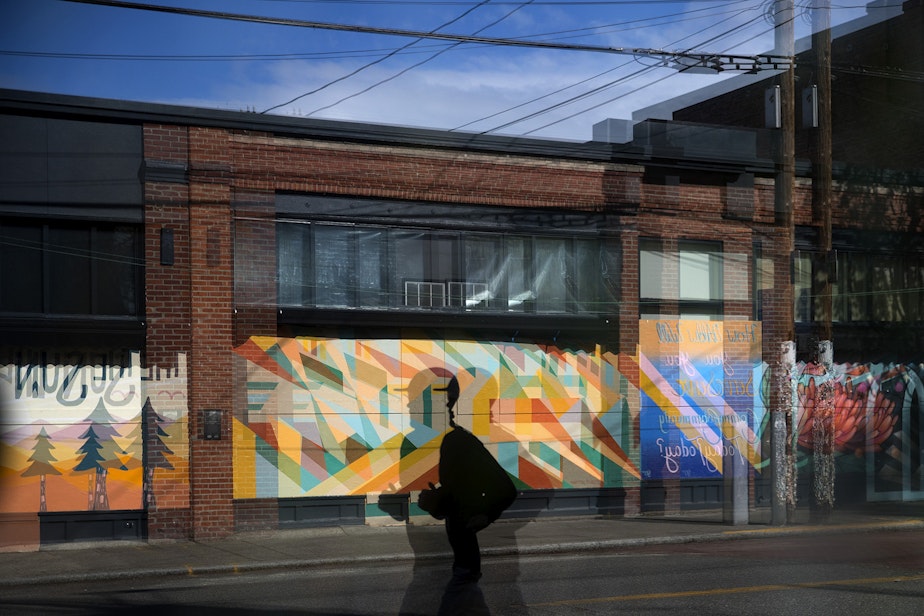In 2020, consumers turned to Black-owned businesses. But where has that support gone?

Aliyah Davis is the owner of Black Magic Sweets, in the Mount Baker neighborhood of Seattle.
She makes treats like macarons, cake jars, and cream puffs.
Davis launched her business in 2019, and said she spent her first year building a solid customer base by hosting pop-ups just about every weekend.
But when the pandemic shut down brick and mortar stores, Davis knew she had to change course.
She started delivering curbside to her customers’ homes.
"I’ve pivoted so much since the beginning," Davis said. "But business was pretty steady, pretty quickly in the beginning when I was able to pop up all the time. But as soon as Covid hit I was like ‘I’m not dying for cookies.'
During the summer of 2020, amid a nationwide push for racial justice following the murder of George Floyd in Minneapolis, another movement began to pick up: supporting local, Black-owned businesses – like Aliyah’s.
Sponsored
Some cities, including Seattle, rolled out business directories highlighting Black-owned businesses. And big tech got involved, too. Food delivery apps like GrubHub, UberEats, and Yelp made it easier for business owners and customers to label restaurants as "Black-owned" on their platform.
That summer, Davis started to see a big uptick in individual customers and larger companies like Alaska Airlines reaching out and placing orders.
"Businesses were like really doing a push, like, 'Okay, people are holding us accountable', Davis said. And you know, and that was amazing."
At her busiest, Davis said she was making 500 macarons every two days.
But in January of this year, she started to notice that while companies were still reaching out for big orders, Davis was seeing a decline in orders from individual, everyday people.
Sponsored
Davis isn’t alone when it comes to that dip in individual support from customers.
In fact, it echoes a nationwide trend researchers have identified. Researchers at the University of Washington studied visits to restaurants that identified as Black-owned on Yelp, compared to visits to restaurants without the Black-owned label. They found that across 20 cities in the United States, the support for those Black-owned businesses was inconsistent.
Soundside host Libby Denkmann spoke to Rhonda Tilford, the founder and executive director of the Pacific Northwest Black Business Coalition, about how the UW study reflects the experiences of some business owners in the coalition.
Denkmann also talked to Shirline Wilson, the executive director of Washington Employers for Racial Equity, about where some of the state's biggest employers are at in addressing racial inequities in the workplace.





